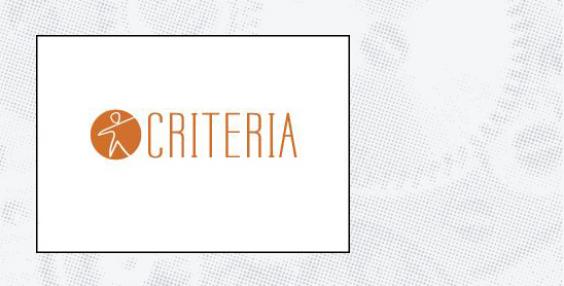Adaptable time management
The company offers a range of options related to flexible working time management to facilitate the reconciliation of work, family and personal life.
ORGANISATION AND USE OF TIME
The work-life balance measures implemented contribute to the integration of work and family life through the adaptation of working hours and the timetable, teleworking, flexible working hours, the day off for birthdays and the intensive working day in summer, on Fridays and on the day before a public holiday.
GOOD PRACTICES
Facilitating flexible working hours
As far as the company is able, efforts are made to adapt the working hours of employees to their personal needs. This includes flexible working hours in terms of departure, lunchtime and arrival of workers, the possibility for staff to telework (each department organises teleworking days according to the needs and workload at any given time), the possibility of exchanging days off for time off in some cases, intensive working hours in the summer or a birthday party.
Promoting healthy organisation
Free training in time management, stress management, healthy eating. In 2018, after a small survey of all employees on healthy lifestyle habits, the Healthy Circle was created. The Circle was set up with the idea of having an internal committee with representative staff from all areas and corporate headquarters and is currently made up of 12 people who meet once a month to work on proposals in the field of physical, mental, emotional and social health to make Criteria a healthier, fairer and better company.
They take daily 10-minute breaks from work to do, with the support of a guide, stretching and rest exercises and to activate blood circulation. They have internal digital disconnection policies.
NUMBER OF PEOPLE BENEFITED
21 people, including 16 women and 5 men.
IMPLEMENTATION PROCESS
Some of the measures are a company initiative, others have been adopted as a result of the needs of the employees themselves, who have been able to express this through the strengthening of upward communication channels. Reconciliation measures are official and communicated to Criteria's entire workforce. They are made known to each new employee.
Teleworking days must be communicated at least 24 hours in advance and posted on each employee's public calendar so that the rest of the workforce is informed. Flexible working hours require coordination with the rest of the team to ensure that each department is covered during opening hours. The intensive working day in July and August reduces the working day to 35 hours, which is usually 40 hours.
BENEFITS OBTAINED
The entire workforce benefits from the company's policy on the use of time and the possibility of adapting working hours according to their needs. 100% of the staff have a day off for their birthdays; 76% of the staff who work full time have an intensive day in the summer; 80% of the staff telework (not the receptionist and the people in the training department); 95% of the staff have flexible working hours (everyone except the receptionist).
Neteja Copy the text
Last updated on: April 2021

Mesures
-
Flexible working hours are those that do not establish a rigid working day. Through various formulas and within agreed limits, people can decide their starting and finishing times, compensate hours throughout the year and have more compact working hours.
-
The advance of technologies has favoured the emergence of new working models that make it possible to make the physical working space more flexible. The degree of spatial flexibility will depend on the type of job held and the type of activity.
-
Beyond work and family time, personal and social time is increasingly relevant. Organisations can contribute to promoting health and wellbeing, as well as social participation through corporate volunteering.
